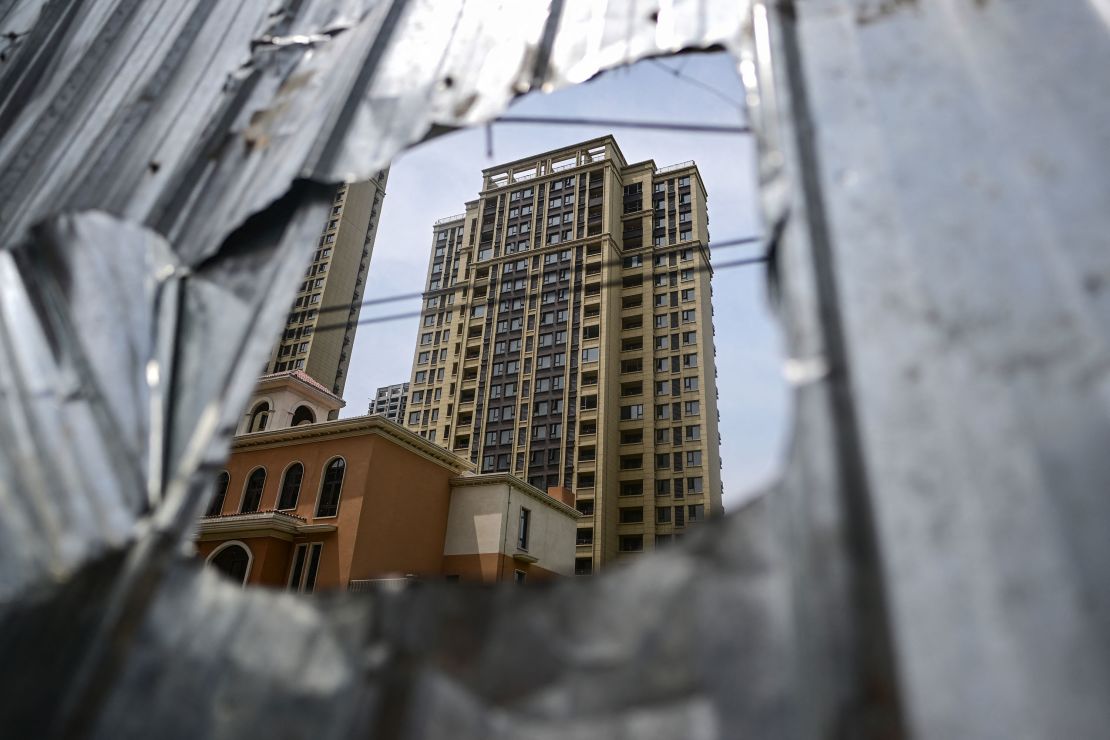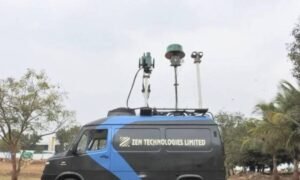Source : CNN
Hong Kong (CNN): China’s businesses are struggling and job seekers have trouble finding work, President Xi Jinping acknowledged during his Sunday New Year’s Eve speech.
This is the first time Xi has mentioned economic challenges in his annual New Year’s messages since he started giving them in 2013. It comes at a critical juncture for the world’s second largest economy, which is grappling with a structural slowdown marked by weak demand, rising unemployment and battered business confidence.
Acknowledging the “headwinds” facing the country, Xi admitted in the televised speech: “Some enterprises had a tough time. Some people had difficulty finding jobs and meeting basic needs.”
Xi Jinping rings in 2024 with a rare admission that Chinese economy is in trouble

“All these remain at the forefront of my mind,” Xi said in remarks which were also widely circulated by state media. “We will consolidate and strengthen the momentum of economic recovery.”
Hours before Xi spoke, the National Bureau of Statistics (NBS) published its monthly Purchasing Managers’ Index (PMI) survey, which showed that factory activity declined in December to the lowest level in six months.
The official manufacturing PMI dropped to 49 last month, down from 49.4 in November, according to a statement from the NBS.
A PMI reading above 50 indicates expansion, while any reading below represents a contraction. December also marked the third straight month the manufacturing PMI has contracted.
The country’s massive manufacturing sector had been weak for most of 2023. After a brief pickup in economic activity in the first quarter of last year, the official manufacturing PMI contracted for five months until September. Then it dipped below 50 again.
China’s economy has been plagued by a set of problems this year, including a prolonged property downturn, record high youth unemployment, stubbornly weak prices and mounting financial stress at local governments.

Beijing is scrambling to revive growth and spur employment, having rolled out a flurry of supportive measures last year and vowed to step up fiscal and monetary policy in 2024.
But its increasingly statist approach to the economy, which emphasises the party-state’s control of economic and social affairs at the expense of the private sector, has spooked entrepreneurs. The government’s crackdown on businesses in the name of national security has also scared away international investors.
On Saturday, the People’s Bank of China announced that it had approved an application to remove controlling shareholders at Alipay, the ubiquitous digital payment platform run by Jack Ma’s Ant Group. The move means Ma has officially ceded control of the company that he co-founded.
Ma, who also co-founded Alibaba Group, said last January that he would relinquish control of Ant, as part of his withdrawal from his online businesses. His companies were the early targets of Beijing’s unprecedented crackdown on Big Tech which were perceived to have become overly powerful in the eyes of the Communist Party.
Xi also pledged that the Chinese mainland would be “reunified” with Taiwan, reiterating Beijing’s long-held stance on the self-ruled island democracy, with a strongly worded comment ahead of a crucial election there.
“China will surely be reunified, and all Chinese on both sides of the Taiwan Strait should be bound by a common sense of purpose and share in the glory of the rejuvenation of the Chinese nation,” Xi said during a section of his speech dedicated to his plans for China’s modernization and development.
The comments come just two weeks ahead of Taiwan’s presidential elections on January 13, and struck a more pointed tone than those in his New Year address the year before.
Then, Xi said: “The people on both sides of the Taiwan Strait are members of one and the same family. I sincerely hope that our compatriots on both sides of the Strait will work together with a unity of purpose to jointly foster lasting prosperity of the Chinese nation.”
Xi has made taking control of Taiwan a cornerstone of his broader goal to “rejuvenate” China to a position of power and stature globally. China’s Communist Party claims Taiwan as its own territory, despite never having controlled it and has not ruled out using force to take the island.
Taipei has accused the party of running influence operations ahead of the election, where current Vice President Lai Ching-te, a candidate openly loathed by Beijing, has been seen as a frontrunner.







